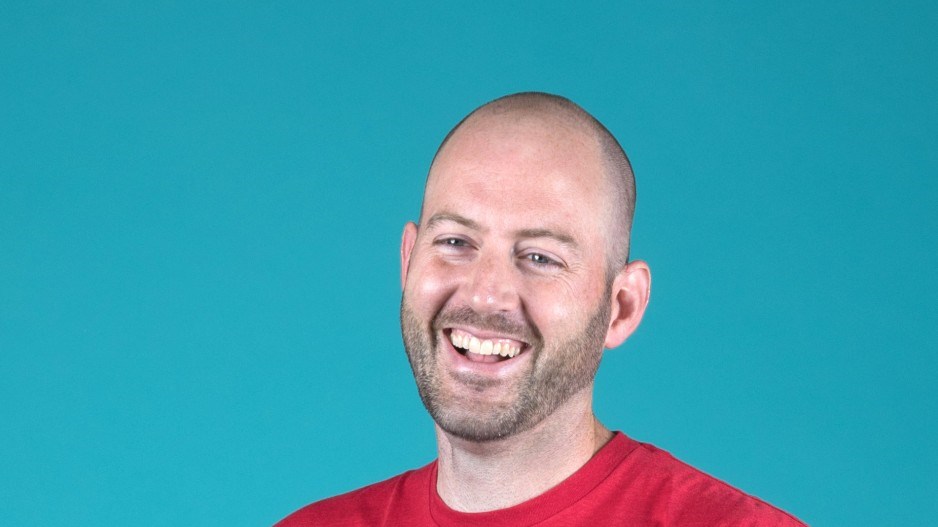Canadians have a reputation for being polite in real life – one that doesn’t always necessarily hold up in the digital world.
Microsoft Corp.’s (Nasdaq:-MSFT) annual Digital Civility Index measures online risks across four categories: reputational, behavioural, sexual and personal/intrusive. Its latest rankings place Canada at No. 8 with a score of 60 (the lower the score, the better) compared with top-ranked U.K.’s 50 points and the U.S. at No. 2 with 51 points.
Two Hat Security CEO Chris Priebe says the extent to which people are harassed online can end up costing businesses big bucks in the long run if companies don’t take the right steps to fight the problem.
His Kelowna-based tech firm has been employing artificial- intelligence-powered tools to weed out inappropriate language or abusive content, such as pornographic images, on social networks.
“There are few people solving this problem,” said Priebe, who got his start 15 years ago leading the safety and security elements of the online Club Penguin game for children that was eventually acquired by Disney Interactive Studios Inc. “We’re not solving the problem for libraries and we’re not solving it for parents. We are business to business.
“If a site is created and they believe they can only be successful if they upload content and share content with each other, that’s where we exist.”
Two Hat’s client base centres on the gaming industry, such as streaming services that allow viewers to watch others play video games, or movie studios that are producing games for an upcoming release.
Clients include Kabam Inc., one of Vancouver’s largest gaming studios.
Priebe said for most of the internet’s existence the idea of being hit with unwanted pornographic images or hateful language was often considered to be the cost of being online.
But standards of acceptability have been changing, he said – especially over the past year since Facebook Inc. (Nasdaq:FB) CEO Mark Zuckerberg faced U.S. congressional hearings – and businesses have been demanding more ways to filter unwanted content that can drive away users.
A 2016 study from the Data & Society Research Institute, Online Harassment, Digital Abuse and Cyberstalking in America, found that 21% of respondents stopped using social media after facing online harassment.
While one of the “hats” in Two Hat’s name refers to its focus on protecting social networks, Priebe said the other hat is its development of tools that help triage evidence of child sexual abuse material for Canadian law enforcement.
“We’re able to train AI [artificial intelligence] to detect the things that are unique about those pictures,” he said.
The Two Hat team does not review the images. Instead, the AI system performs that function, having been fed a large baseline of images that are considered “good” and another set considered “bad.”
The tool, Cease.ai, has become intelligent enough to reliably screen for harmful material and help law enforcement identify images of child sexual abuse.
“We can find the content faster and reduce the pain on the people who have to look at this absolutely horrid content,” he said.
Meanwhile, growth has been picking up for Two Hat following the November 2018 acquisition of Image Vision, which also specializes in detecting pornographic images.
The integration of the two companies’ technologies has boosted its detection accuracy from 97% to 99%, according to Priebe.
“We pretty much have the whole gaming space,” he said.
So the company has set its sights on landing partnerships with the top messaging apps, social networks and livestream providers.
“If we can get five out of the top 10 for each of those slices, that gives us the ability to absolutely perfect our technology.”




